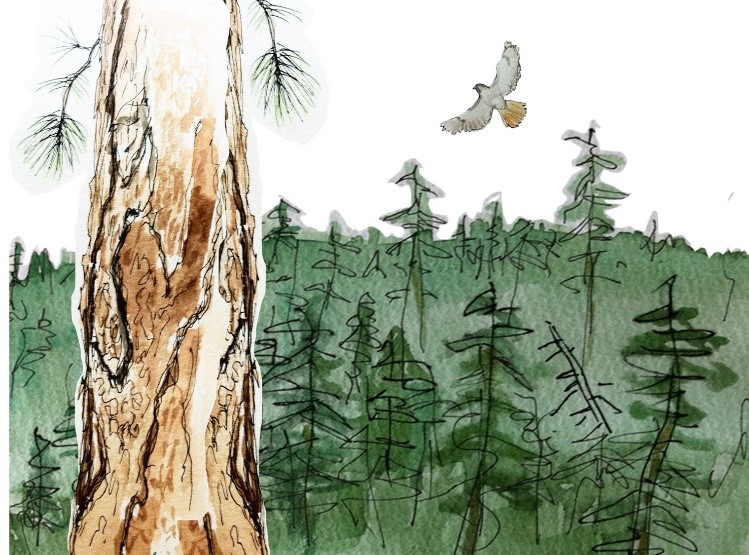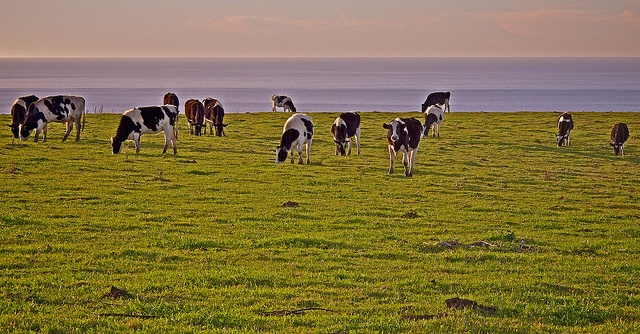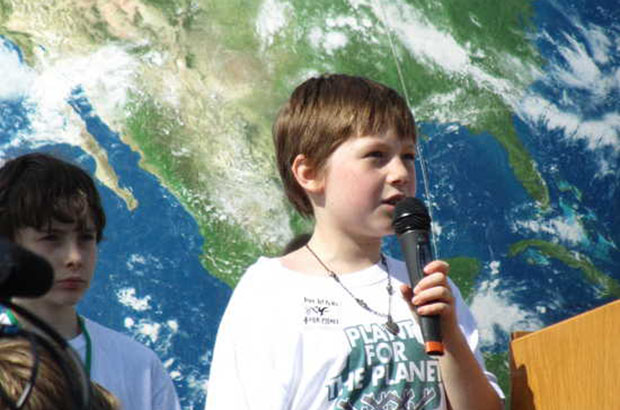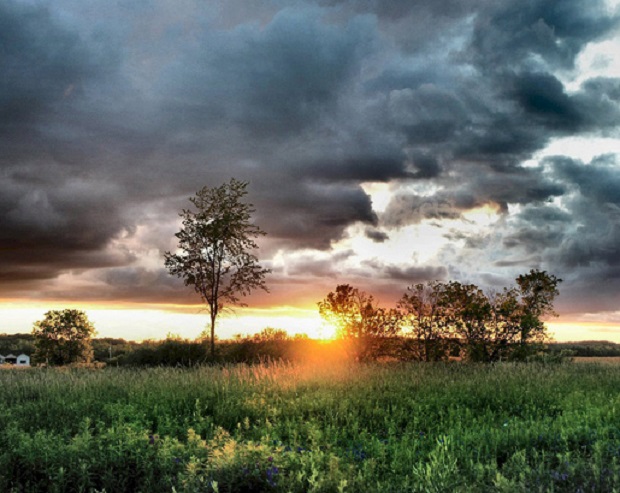Biocarbon: Mobilizing the power of nature to help restore our climate
Check out this beautiful video, and learn more about biocarbon and the role it can play in helping solve the climate crisis.

This Climate Solutions program is no longer active.

The Northwest Biocarbon Initiative elevates the essential role that natural systems play in reducing carbon dioxide (CO2) in the atmosphere. By galvanizing the region’s emerging biocarbon community to develop strategies that increase natural carbon capture and build a vibrant restoration economy, we are positioning the Northwest as the nation’s leading incubator for biocarbon solutions.

Check out this beautiful video, and learn more about biocarbon and the role it can play in helping solve the climate crisis.

Farmers, entrepreneurs, and scientists in the Pacific Northwest and beyond are delivering biocarbon results and demonstrating the pathways to a low carbon future.

Turning organic materials into compost and applying it to rangelands on a larger scale could store a lot of carbon, repurpose organic waste, improve the health of rangelands, increase climate resilience, and help farmers’ bottom lines.

Food waste in landfills creates methane as it decomposes – a potent greenhouse gas. An innovative program in Junction City, OR transforms this waste into clean, renewable energy.

In the Northwest Biocarbon Initiative’s second quarterly digest for 2014, we bring you the latest natural carbon storage news, research, and events.

The second episode of Years continues a storyline in which Harrison Ford travels to Indonesia to investigate massive slash and burn deforestation projects, which are making way for gigantic, illegal palm oil plantations. The destruction of Indonesia's peat lands - the burning of both the forests' trees and carbon rich soils - now accounts for 4% of the world's total greenhouse gas emissions alone.

Our forests and coastal wetlands store more carbon than we thought. We bring you all of that good news and more in this first Northwest Biocarbon Initiative Digest of 2014.

The Puget Sound estuary has the potential to store 8.9 million tons of CO2, the equivalent of 1.76 million cars. That’s almost as many cars as are registered in Snohomish and King Counties – the most densely populated part of Washington State.

With CO2 levels surpassing safe limits, carbon storage may be the most important life-supporting function Northwest forests provide the planet.

Cool examples of the practical benefits of maintaining--or reintroducing--natural elements and environments into our urban landscapes.
Join our email list to learn about what we do and how to get involved.
There are no upcoming events posted at this time.
Check out this beautiful video, and learn more about biocarbon and the role it can play in helping solve the climate crisis.
Farmers, entrepreneurs, and scientists in the Pacific Northwest and beyond are delivering biocarbon results and demonstrating the pathways to a low carbon future.
Turning organic materials into compost and applying it to rangelands on a larger scale could store a lot of carbon, repurpose organic waste, improve the health of rangelands, increase climate resilience, and help farmers’ bottom lines.
Food waste in landfills creates methane as it decomposes – a potent greenhouse gas. An innovative program in Junction City, OR transforms this waste into clean, renewable energy.
In the Northwest Biocarbon Initiative’s second quarterly digest for 2014, we bring you the latest natural carbon storage news, research, and events.
Unfortunately, future success in natural infrastructure may be in real jeopardy if Portlanders pass Measure 26-156 on May 20.
The second episode of Years continues a storyline in which Harrison Ford travels to Indonesia to investigate massive slash and burn deforestation projects, which are making way for gigantic, illegal palm oil plantations. The destruction of Indonesia's peat lands - the burning of both the forests' trees and carbon rich soils - now accounts for 4% of the world's total greenhouse gas emissions alone.
Our forests and coastal wetlands store more carbon than we thought. We bring you all of that good news and more in this first Northwest Biocarbon Initiative Digest of 2014.
The Puget Sound estuary has the potential to store 8.9 million tons of CO2, the equivalent of 1.76 million cars. That’s almost as many cars as are registered in Snohomish and King Counties – the most densely populated part of Washington State.
With CO2 levels surpassing safe limits, carbon storage may be the most important life-supporting function Northwest forests provide the planet.